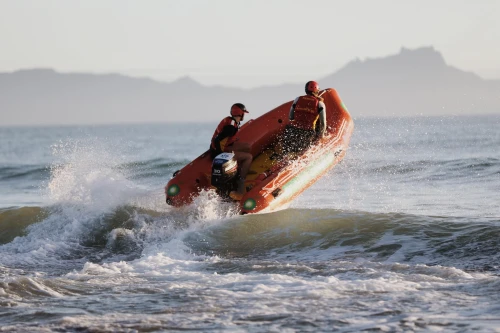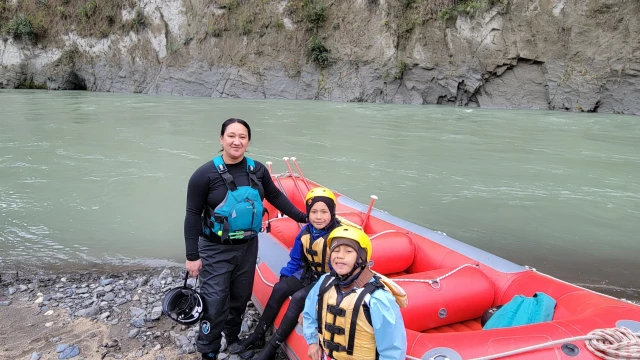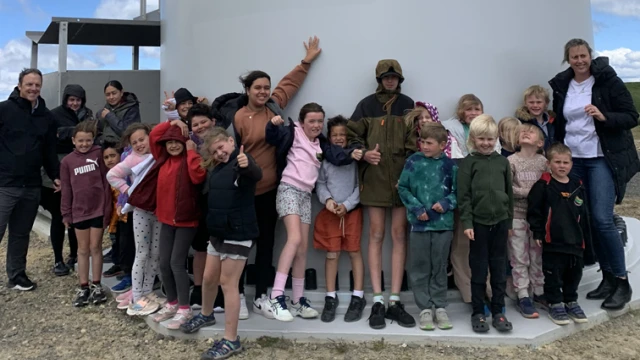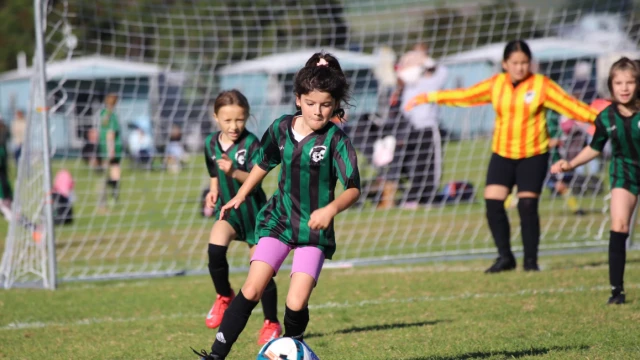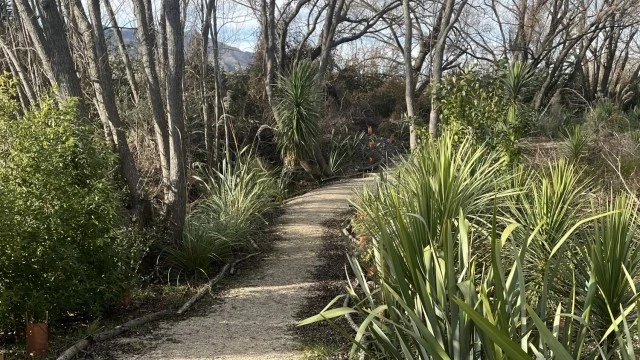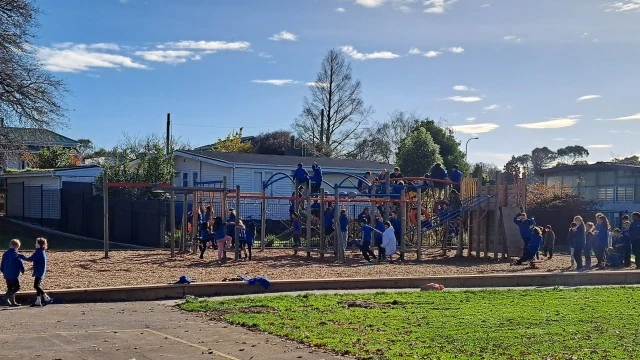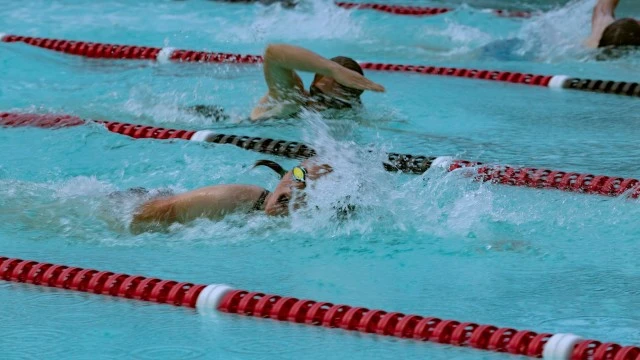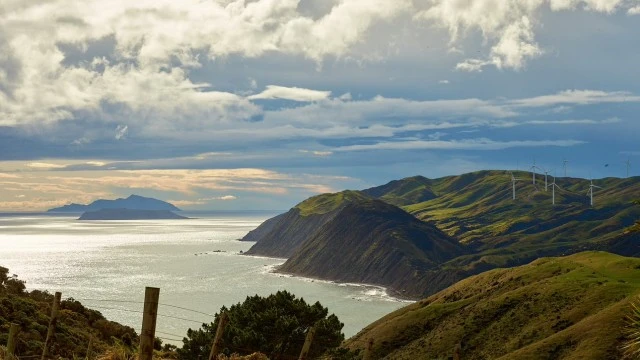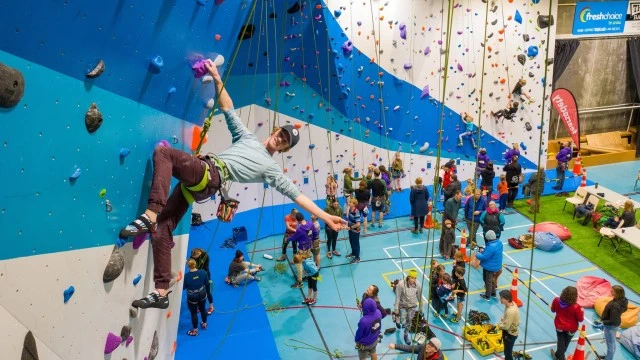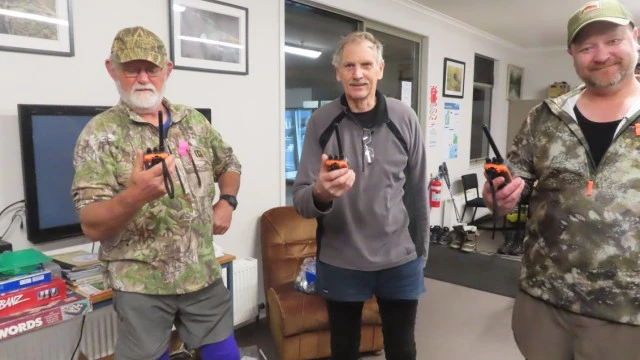A Waikato family was left thanking their lucky stars – and some local heroes - when a boating trip across Raglan’s treacherous bar went horribly wrong last summer.
With their boat having capsized in the surf, the family of three found themselves in desperate straits, with the mother and son thrown into the water and the father trapped under the upturned hull.
Fortunately help was close at hand in form of a Raglan Surf Life Saving Club IRB (inflatable rescue boat) that was training nearby.
The brave, life-saving actions of the crew that raced to the scene, which included a lifeguard diving into the water to cut through tangled fishing lines and rescue the father from the forward cabin, were recognised at New Zealand Search and Rescue’s annual awards, with the Raglan club receiving the prestigious gold award for operational activity.
That the crew was on hand to save the day was thanks to a network of dedicated club volunteers backed by community funders, including Meridian Energy’s Te Uku Wind Farm Power Up fund.
Since its inception the fund has provided $68,138 to the club, largely to help maintain its five-boat IRB fleet.
“Our IRBs are essential pieces of equipment, so it’s great that we have a supporter like Meridian to help fund them,” says Dennis Amoore, a club stalwart tasked with the upkeep of its premises and property.
“They are critical to our operations. Probably 80 per cent of rescues are now done with an IRB.
“We run five IRBs at the club and each outboard motor lasts about three years – so we are replacing one or two each year.”
